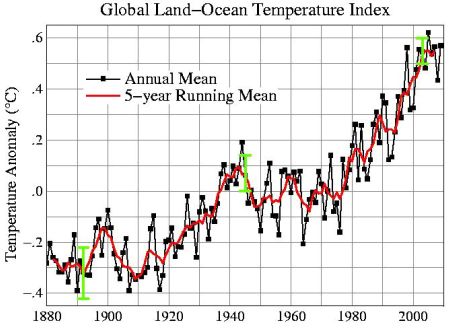It seems a winning no brainer, Obama proposes rasing taxes on zillionaires. The public is behind this by a margin of three to one or more. Republicans will stall and stamp their feet of course. But then all of the sudden, out of left field, a democrat starts running intereference for the wealthy. What’s going on?
To understand why it’s so hard for politicians to raise taxes on the rich, and so tempting to defend them no matter what, you have to understand what a politician does all day. Before I started hanging out with people who manage modern campaigns, I had this generic picture of the politician giving speeches, meeting with other politicians and making deals, meeting with constituents, doing an occasional interview, that kind of thing.
They do that stuff, but it turns out most politicians, candidates or incumbents, spend the majority of their day fundraising. For most of them this means cold calling or warm calling. It means the candidate sits in a room and calls people from lists prepared by staffers, sometimes with accompanying dossiers on the prospects, for as many hours a day as a campaign manager can keep them in the chair. Five to seven hours a day is common and persuasive staffers can often keep their guy or gal on the phone even between campaign events, sneaking in donor calls on the campaign bus or in the minutes between speeches or events. Indeed, in the heat of the campaign season, speeches and other activities may be a candidate’s only break from call time drudgery.
The boiler room strategy is done because federal contribution limits are currently $2,500 per person, per cycle (This may confuse some readers who remember past election limits of $2,400, but the limits are indexed to inflation in odd-numbered years and have since gone up). Typically, you ask big donors to max out for both primary and general election — that’s 5 grand right there folks! Do the same for a spouse and that’s 10,000 bucks. Add kids or grandkids and their spouses, and a single phone call to a wealthy family can result in $30,000 or more. Even in high profile races with national visibility, a call netting 10 to 30 grand is a huge score. If a candidate only closes on one or two such calls a week the campaign war chest grows.
Think about what that means: all day long the candidate is talking to people who can give serious loot, in many cases he or she has called before, maybe several times, and struck up a relationship with the prospect. The candidate is having dozens of in-depth conversations a day with very wealthy people, asking them what they want to see in politics, trying to convince them that s/he sincerely cares about their day-to-day problems, and affirming if the donation is made and candidate successfully elected the prospect’s political wish list will come true.
Campaigns are happy to take smaller donations too, money is money, and smaller amounts move the average amount down in such a way as to help the candidate claim they are a people-powered movement. But a 20 dollar check goes by webpage or call center, there’s no interaction with the power, not even close. So it’s not surprising that after a few months of this crazy, non-stop, sleep deprived campaign lifestyle the candidate simply no longer knows what regular people think, but is intimately aware of any wacky rumor or anecdote making its way through the privileged class. This applies to democrats too.
The only way for us regular non wealthy people to over come this is for the candidate to be more afraid of us voters than the rich donors.






